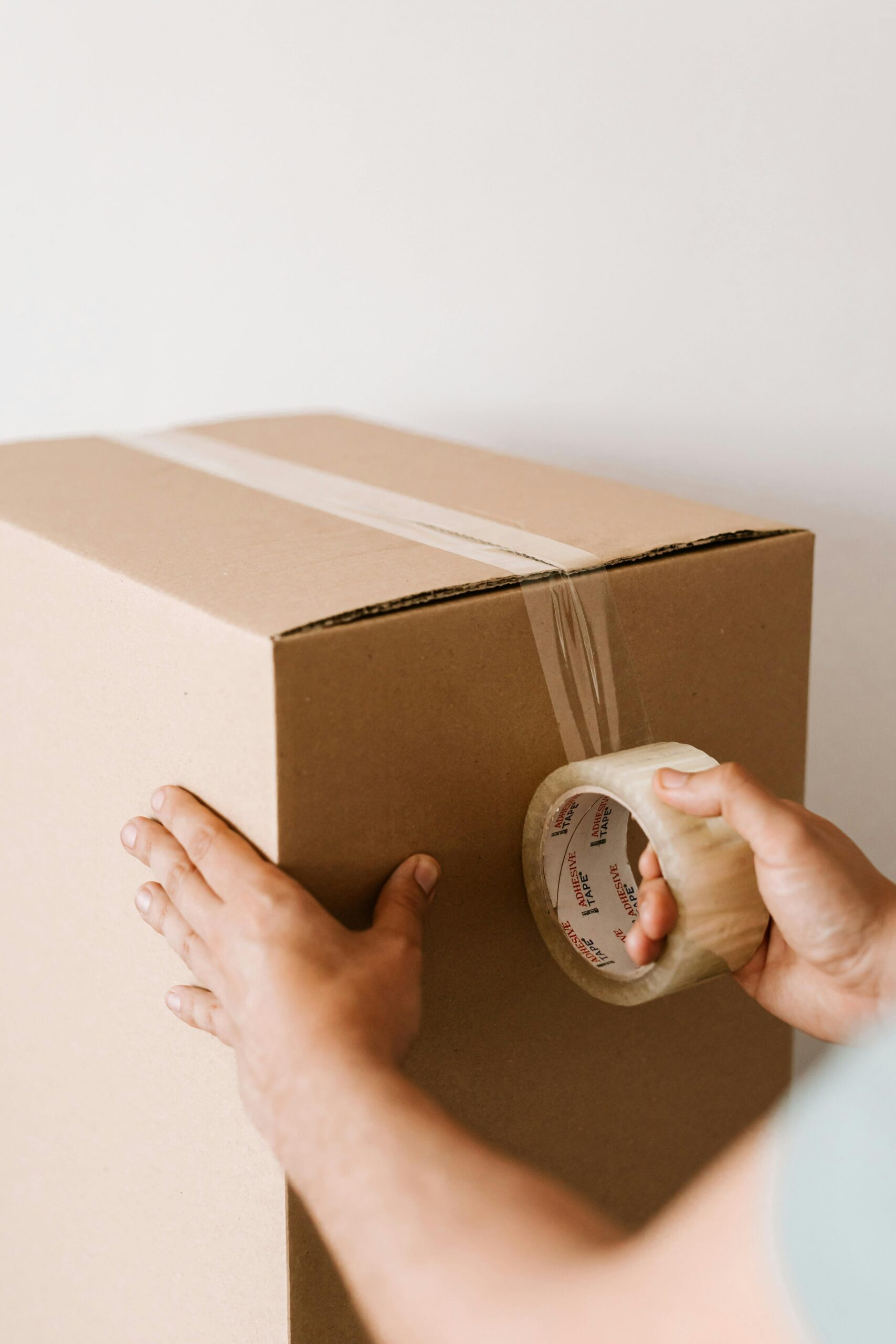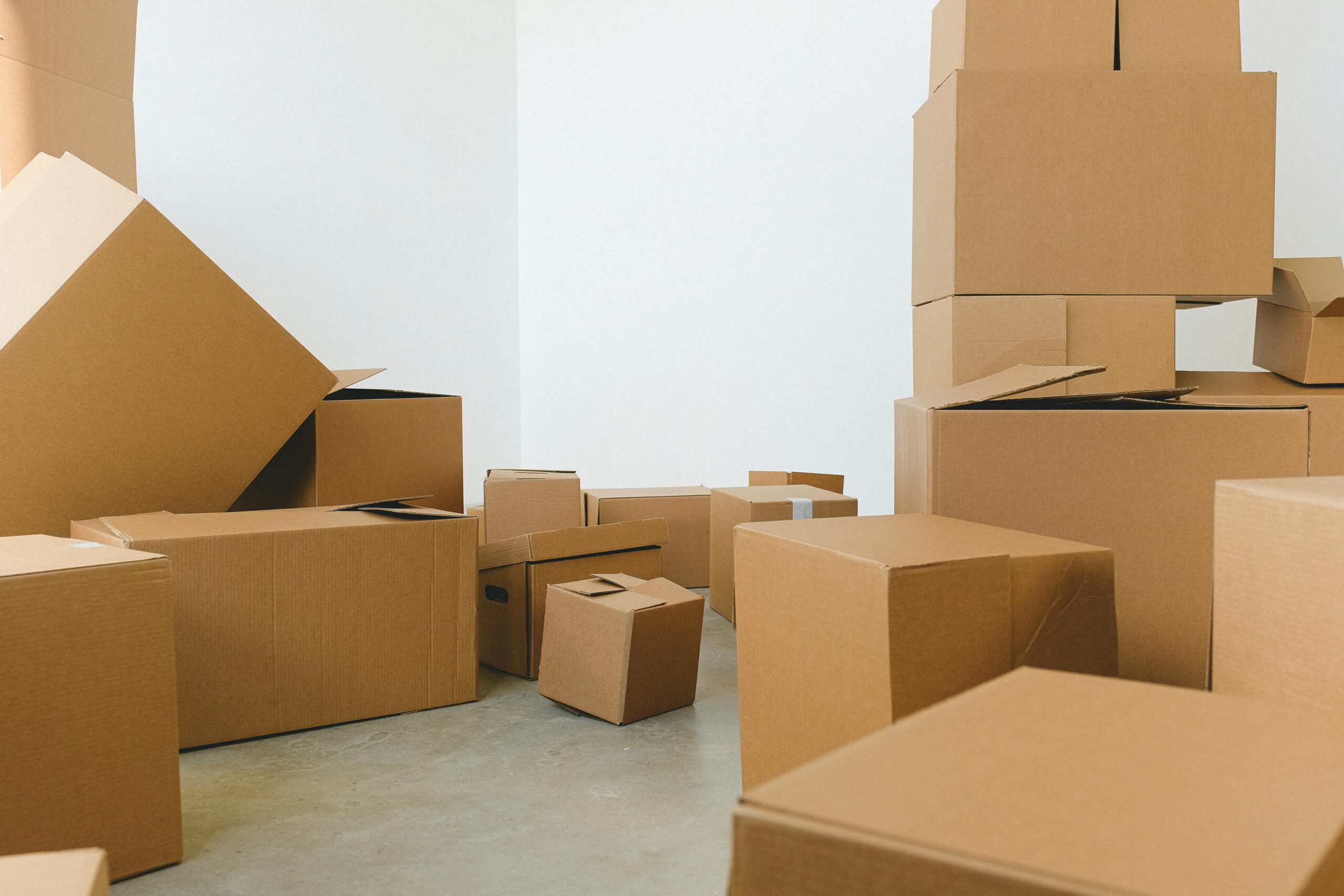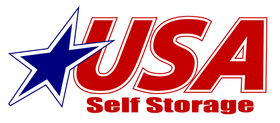When storing sensitive items in a self-storage unit, the key is ensuring those valuables are properly protected from damage. Whether you are storing heirlooms, electronics, important documents, or delicate fabrics, knowing what to do (and what not to do) can make all the difference in keeping them safe. The most important steps include choosing the right storage environment, using proper packing techniques, and avoiding common mistakes like overpacking or storing items in extreme temperatures. By following these dos and don’ts, you can ensure your sensitive items remain in excellent condition for as long as you need.
1. Do choose a climate-controlled unit for temperature-sensitive items.
Many sensitive items, such as electronics, antiques, artwork, and documents, can be damaged by extreme temperatures or humidity. Always opt for a climate-controlled unit, which maintains a consistent temperature and humidity level. This protects your items from warping, mold, and other damage caused by environmental factors.
Example: Wooden furniture, artwork, and photos can crack, warp, or fade without climate control. Electronics can be ruined by condensation or extreme heat.
2. Don’t store items without proper packing materials.
One of the biggest mistakes people make is storing valuable or delicate items without using the right packing materials. Sturdy boxes, bubble wrap, and acid-free tissue paper are essential for protecting fragile items from damage during storage.
- Do: Use bubble wrap for glassware, electronics, and other breakable items.
- Don’t: Use old newspapers to pack delicate items as the ink can transfer and cause damage.

3. Do label and organize boxes clearly.
When storing sensitive items, it’s crucial to keep track of where everything is. Label all boxes with their contents and use a consistent organizational system in your storage unit. This makes it easier to locate items and reduces the risk of damage caused by searching through boxes unnecessarily.
Example: Label boxes with “fragile” stickers for breakable items and keep them at the top or front of the storage unit.
4. Don’t overpack boxes or storage units.
While it might be tempting to cram as much as possible into each box or to fill your storage unit to the brim, overpacking can lead to damage. Items can become crushed, and it’s harder to access your valuables safely when the unit is overcrowded.
- Do: Leave space between boxes to allow for air circulation and easier access.
- Don’t: Stack heavy boxes on top of lighter or fragile ones.
5. Do protect electronics and delicate items from moisture.
Electronics and moisture don’t mix. Always store electronics in dry, cool environments, and take extra precautions to protect them from moisture. Use silica gel packs in boxes with electronics to absorb excess humidity, and avoid placing boxes directly on the floor to prevent water damage in case of leaks.
Examples: Store laptops, TVs, and stereo systems in original packaging when possible, or wrap them in anti-static material.
6. Don’t store food or perishable items in your unit.
While it might seem harmless, storing food or perishable items in your unit can attract pests and lead to damage to your other valuables. Always avoid placing any kind of food, plant material, or organic items in your storage unit.
- Do: Store non-perishable, sealed items like canned goods if necessary, but consider using airtight containers.
- Don’t: Leave open containers or perishable goods in the unit, as this can attract rodents and insects.

7. Do regularly check on your stored items.
If your sensitive items are in long-term storage, it’s important to check on them periodically. Doing so allows you to ensure there’s no water damage, mold, or pest infestations, and you can adjust packing or reposition boxes as needed.
Examples: Visit your unit every few months to inspect for any signs of damage or to rotate items if needed.
8. Don’t forget to insure your valuables.
Even when you take every precaution, accidents can still happen. Protect your sensitive items by insuring them. Most self-storage facilities offer insurance options, or you can check with your home insurance provider to see if your stored items are covered under your policy.
- Do: Take an inventory of stored valuables and keep documentation for insurance purposes.
- Don’t: Assume your items are automatically covered by the storage facility’s insurance.
Secure Storage for Sensitive Items
Properly storing sensitive items requires careful consideration and the right storage environment. Following these dos and don’ts will help keep your valuables safe, whether they are family heirlooms, delicate electronics, or important documents. USA Storage offers climate-controlled units and top-tier security across Arkansas. Protect your valuables today by choosing the right storage solution with USA Storage. Contact us at (501) 701-0707 for more information or to reserve your unit!
